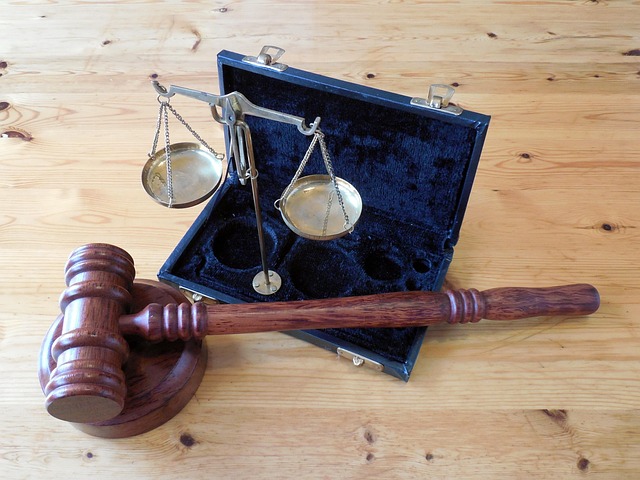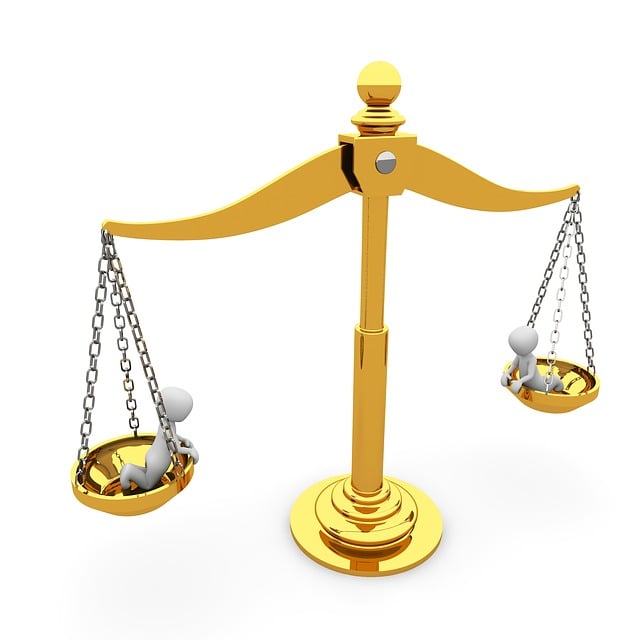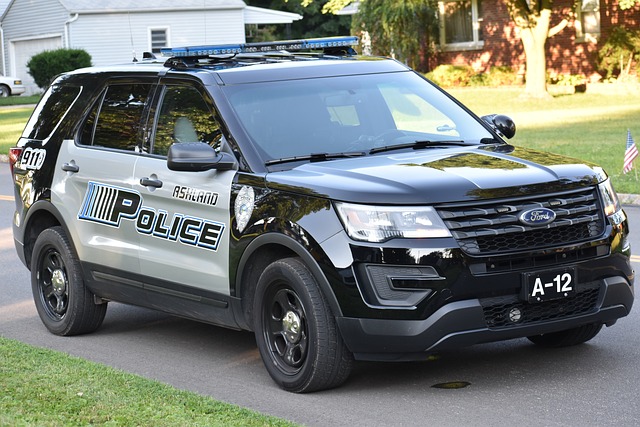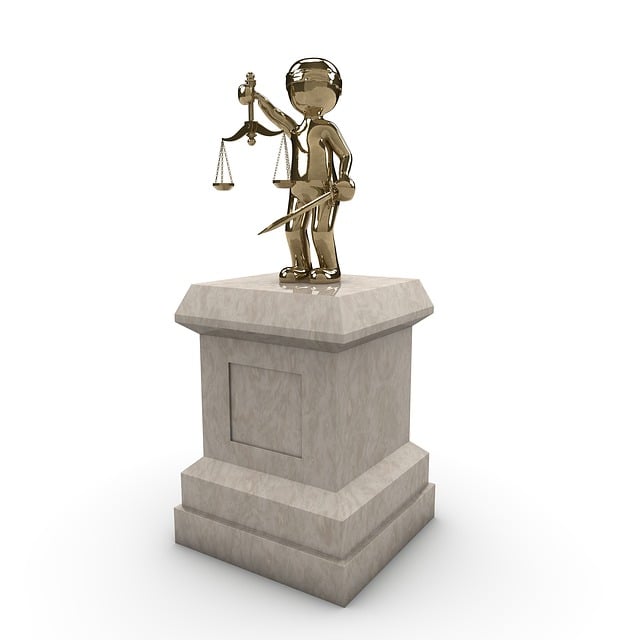The Criminal Procedure Timeline from arrest to trial rigorously examines C-Level investigations, mirroring criminal processes with a focus on corporate integrity. It involves stages like booking, preliminary hearings, pre-trial motions, and a trial where guilt must be proven beyond a reasonable doubt, upholding fairness through stringent evidence collection standards and legal protocol observance, particularly in complex white-collar defense cases.
“In the intricate world of C-Level Investigations, executive-level inquiries demand a meticulous approach. This article offers a comprehensive glimpse into the process, from the initial stages of arrest to the final verdict in court. Understanding the criminal procedure timeline is crucial for both legal professionals and individuals navigating these complex cases. We explore each phase, including booking procedures, Miranda rights, pre-trial hearings, discovery processes, and the ultimate trial experience, providing insights that highlight the intricate dance between justice and law enforcement.”
- Understanding C-Level Investigations: A Glimpse into Executive-Level Inquiries
- The Criminal Procedure Timeline: Unfolding the Process from Arrest to Trial
- Initial Steps After Arrest: Booking, Miranda Rights, and Gathering Evidence
- Pre-Trial Phase: Bail Hearings, Discovery, and Motions Practice
- The Trial Process: Presenting Cases, Juror Selection, and Deliberation
Understanding C-Level Investigations: A Glimpse into Executive-Level Inquiries

C-Level investigations refer to high-level inquiries involving top executives and decision-makers within organizations. These investigations are often complex and sensitive due to the positions held by the individuals under scrutiny, necessitating a deep understanding of both corporate structures and legal protocols. Similar to a criminal procedure timeline from arrest to trial, these processes meticulously navigate through various stages.
The similarity doesn’t end there; just as a criminal case must prove guilt beyond a reasonable doubt, C-level investigations adhere to stringent standards of evidence collection and protocol adherence. Across the country, white collar defense strategies often focus on avoiding indictment by employing legal loopholes, robust documentation, and meticulous record-keeping – all while ensuring corporate integrity remains intact.
The Criminal Procedure Timeline: Unfolding the Process from Arrest to Trial

The Criminal Procedure Timeline: Unfolding the Process from Arrest to Trial
When a person is arrested for a criminal offense, a series of legal proceedings are set into motion, collectively known as the criminal procedure timeline. This process is meticulously designed to ensure fairness and due process across the country. It begins with the initial arrest, where law enforcement officers take the suspect into custody based on probable cause. The individual is then booked, fingerprinted, and informed of their Miranda rights, a crucial step in protecting their constitutional rights.
Following the arrest, there’s typically a preliminary hearing to determine if there’s enough evidence to proceed with charges. If the court rules in favor of the prosecution, the case moves forward. From this point, the respective business of preparing for trial begins, involving extensive investigations, witness interviews, and legal strategy sessions. In cases involving white-collar defense, these proceedings can be particularly complex and lengthy due to the intricate nature of financial crimes and regulatory compliance issues.
Initial Steps After Arrest: Booking, Miranda Rights, and Gathering Evidence

After an individual is arrested, several crucial steps are immediately initiated as part of the criminal procedure timeline from arrest to trial. The initial process involves booking, where the arrested person’s information is documented and entered into a police database. This includes personal details, charges, and any evidence collected at the scene or through further investigation. During this phase, it’s standard for the accused to be read their Miranda Rights, ensuring they understand their constitutional rights during questioning.
In high-stakes cases, especially those involving white collar and economic crimes, gathering evidence is paramount. Law enforcement officials meticulously collect and preserve all relevant data, documents, and digital records that could potentially support or refute the allegations. This comprehensive approach is essential to ensure a fair trial and can often lead to the complete dismissal of all charges if the evidence fails to establish guilt beyond a reasonable doubt.
Pre-Trial Phase: Bail Hearings, Discovery, and Motions Practice

During the pre-trial phase of a criminal procedure timeline from arrest to trial, several key milestones come into play. One of the initial steps is the bail hearing, where a judge determines whether an accused person can be released from custody pending trial. This crucial stage involves presenting evidence and arguments related to flight risk and public safety, which can significantly impact the course of the case.
Following the bail hearing, the process enters the discovery phase. Here, both sides exchange relevant information and evidence. In cases involving white-collar defense, this often includes reviewing documents, financial records, and digital media. Additionally, motions practice comes into play where legal arguments are presented to the court on various issues, such as admissibility of evidence or suppression of statements. This phase is vital for preparing a robust defense strategy tailored to serve both corporate and individual clients.
The Trial Process: Presenting Cases, Juror Selection, and Deliberation

The trial process is a critical phase in any criminal investigation and plays a pivotal role in determining the outcome of a case. Once a defendant has been arrested and charged, they are entitled to a fair and impartial trial, as enshrined in the Criminal Procedure Timeline from Arrest to Trial. The journey through this timeline involves several key steps.
Presenting cases before a jury requires meticulous preparation by both the prosecution and defense teams. Juror selection, a crucial aspect, ensures that an unbiased group of individuals can objectively evaluate the evidence. This process involves questioning potential jurors to gauge their impartiality and understanding of the case. During deliberation, jurors discuss and analyze the presented evidence, arguments, and testimonies, ultimately reaching a verdict. The entire trial is designed to achieve extraordinary results by adhering to established legal protocols and ensuring a just outcome, reflecting an unprecedented track record in general criminal defense.
C-Level investigations demand a meticulous understanding of the criminal procedure timeline from arrest to trial. This comprehensive guide has provided an in-depth look at each phase, from initial steps after arrest and pre-trial hearings to the complex trial process. By navigating these stages effectively, legal professionals can ensure fair and just outcomes for all involved, upholding the integrity of our justice system.






